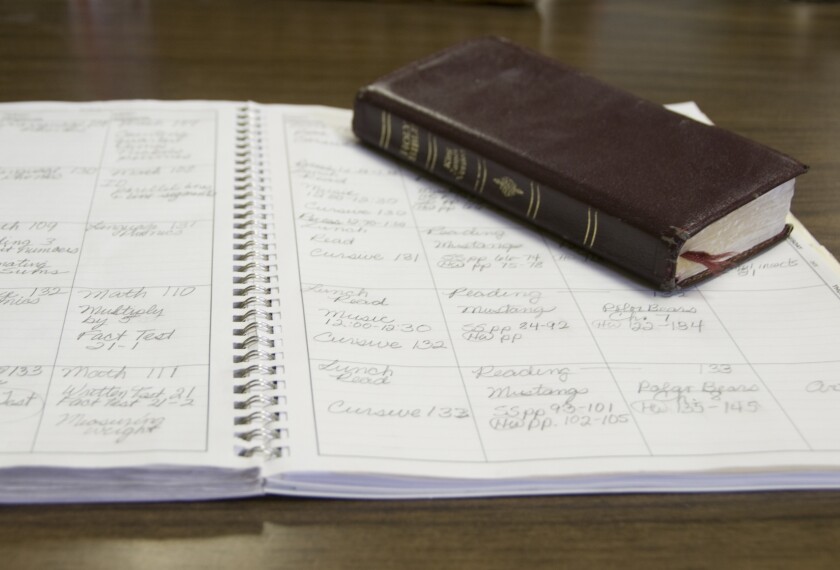In the face of sharp criticism from advocacy groups and the editorial board of The New York Times, the educational publisher Scholastic Inc. indicated earlier this month that it would no longer distribute a package of curricular materials on energy issues that was developed with financial support from the American Coal Foundation. Scholastic also said it would conduct a “thorough review” of its policies and procedures for such sponsored content.
Several groups, including Rethinking Schools, the Campaign for a Commercial-Free Childhood, and Friends of the Earth, had raised concerns that the curricular materials gave children a one-sided view of coal that didn’t mention its effects on the environment and health.
A day after the Times ran a news article on the curricular materials, the newspaper’s editorial page weighed in. “The lessons talked about the benefits of coal and the pervasiveness of power plants fueled by it--and omitted mention of minor things like toxic waste, mountain-top removal, and greenhouse gases,” the May 13 editorial said. “A Scholastic representative said that the company had no intention of repeating the energy project but noted that it was never meant to serve as a comprehensive curriculum. That’s beside the point, given that the lessons carried the company’s imprimatur and were misleadingly touted as complying with national fourth-grade learning standards.”
Scholastic and the American Coal Foundation followed with letters to the editor.
“We acknowledge that the mere fact of sponsorship may call into question the authenticity of the information, and therefore conclude that we were not vigilant enough as to the effect of sponsorship in this instance,” wrote Scholastic President and Chief Executive Officer Richard Robinson. “We have no plans to further distribute this particular program.”
John Nils Hanson, the chairman of the American Coal Foundation, countered that the program offers instructional materials on all forms of energy that generate electricity. “Children who are informed about the types of coal used to generate their electricity, where in the country coal is mined, and the men and women who mine it, are more likely to make informed decisions about coal’s use and question the occasional criticism of it,” he wrote.




